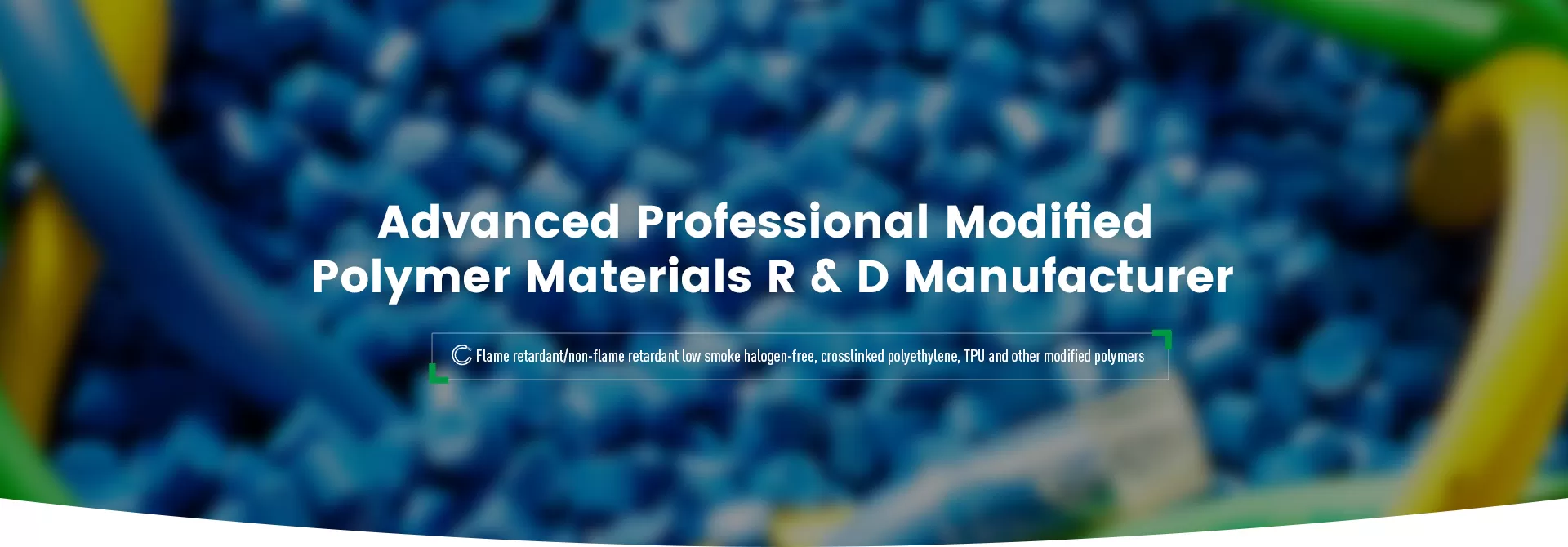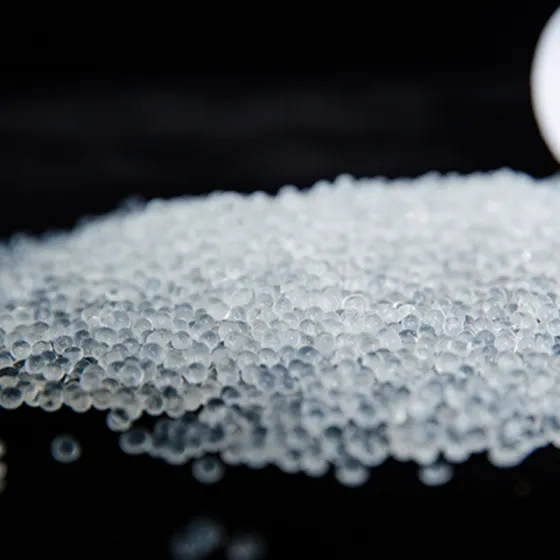

Silicone material is a synthetic polymer made from siloxane compounds, characterized by a variety of excellent properties. It typically exists in a transparent or translucent form and can be modified with various fillers and additives to meet specific performance requirements.
Silicone material is a multifunctional high-performance material that exhibits properties such as resistance to extreme temperatures, moisture, shock, and chemical corrosion.
Silicone cables are particularly suitable for use in extreme conditions, including high temperature, high pressure, humidity, or chemical corrosion environments.
Cables made from silicone materials are widely used in various fields, including industrial, mining, petrochemical, electricity, and machinery manufacturing.
Silicone rubber is a highly elastic, high-temperature, and transparent rubber material that is a new type of material polymerized from organic silicon, featuring low toxicity, odorlessness, and non-pollution.
Silicone rubber has excellent mechanical properties, electrical performance, chemical stability, and high and low-temperature resistance.
Organic silicone/silicone rubber cable materials are widely used in medical cables, home appliance cables, automotive cables, and construction cables.
High-Temperature Resistance: Silicone can operate at high temperatures, typically between -50°C and 200°C, with some special formulations capable of withstanding even higher temperatures.
Chemical Resistance: Silicone exhibits good resistance to many chemicals, solvents, and oils.
Flexibility: Silicone possesses excellent elasticity and flexibility, maintaining performance under significant deformation.
Insulation: Silicone is an excellent electrical insulator, widely used in electrical and electronics industries.
Weather Resistance: Silicone has strong resistance to UV radiation and oxidation, making it suitable for outdoor applications.
Biocompatibility: Some silicone materials are biocompatible, making them suitable for medical devices and food contact applications.
Medical Devices: Such as catheters, seals, and components of medical equipment.
Food Industry: Used in food-grade silicone molds, seals, etc.
Electronic Products: Used as insulating and sealing materials to protect circuits and components.
Industrial Uses: Employed in seals, gaskets, and protective covers.
Silicone has become an indispensable material in many industries due to its excellent performance and wide-ranging applications.
Silicone rubber cable material is a high-performance cable material that offers excellent resistance to high temperatures, low temperatures, ozone, chemical corrosion, weathering, and good electrical insulation. These properties allow silicone rubber cables to maintain stable working conditions in various harsh environments, widely applied in power, chemical, metallurgy, shipping, ports, food processing, and medical device sectors.
1.High-Temperature Resistance
Silicone rubber cables can withstand high operating temperatures, typically ranging from -60°C to +200°C, making them suitable for high-temperature environments.
2.Chemical Corrosion Resistance
Silicone rubber materials exhibit good resistance to most chemical reagents, making them suitable for use in chemical plant environments.
3.Ozone and Weather Resistance
Silicone rubber cables are resistant to aging under ozone and ultraviolet light, making them suitable for outdoor use.
4.Softness
Silicone rubber cable materials are soft and easy to lay and connect.
5.Environmental Characteristics
Silicone rubber cable materials are non-toxic and odorless, meeting environmental protection requirements, and are friendly to both humans and the environment.


